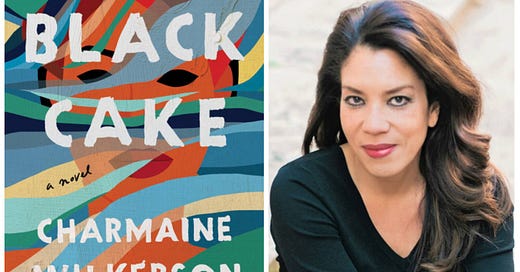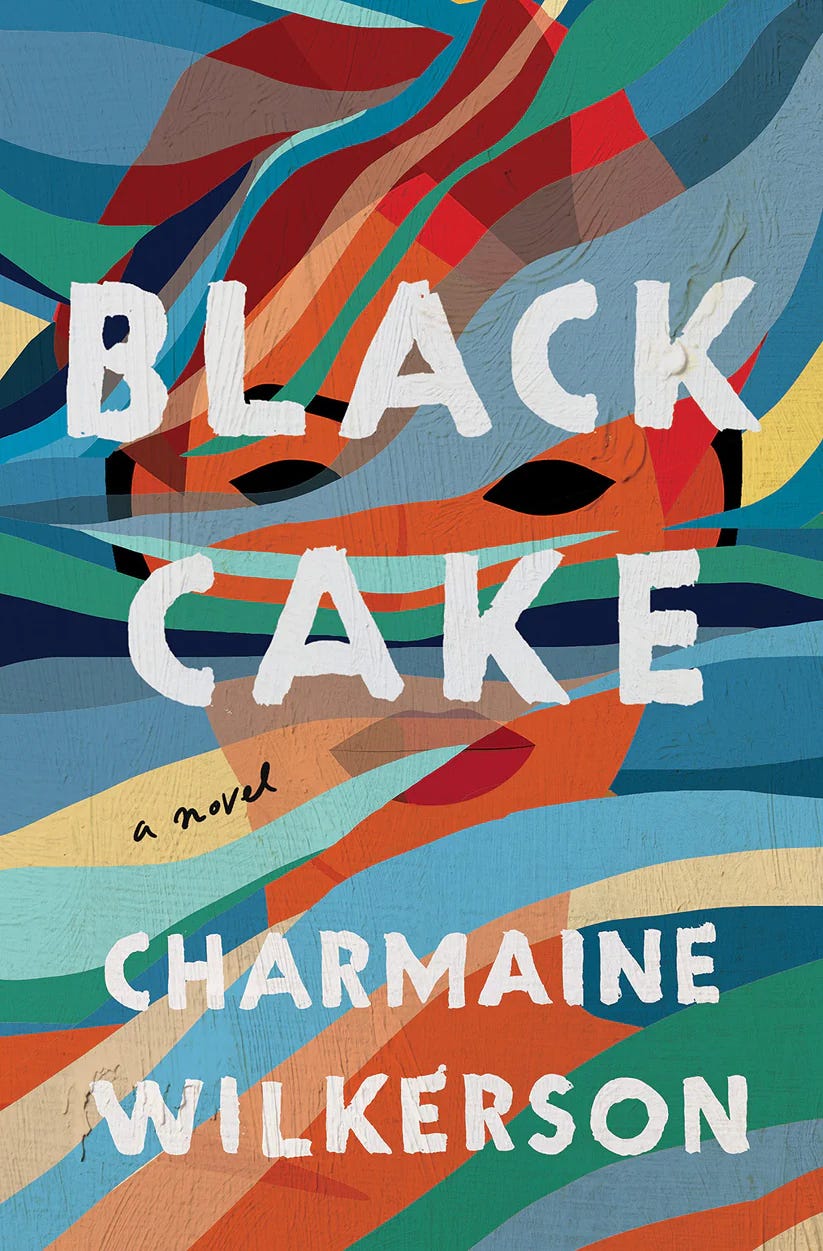Books: Black Cake by Charmaine Wilkerson
This novel about siblings bound by their mother's choices travels to the Caribbean, but it begins and ends in San Diego, California.
When a writer pitches their book to an agent, they include “comps” in their cover letters—comparison titles. For me, these are books that would appeal to the same kinds of ideal readers that my book will appeal to. It helps agents see how my book fits into the market and whether the book might be a good fit for them.
Black Cake is one of the comp titles I chose for my book. It’s a novel about family and secrets and history and mother-daughter relationships and passed-down trauma, all themes in my own book. It has alternating time periods and alternating points of view like my book does. And story present is set in San Diego, California.
The story starts in San Diego in 2018. Byron and Bendetta “Benny” are siblings reunited for the funeral of their mother, Eleanor Bennett. Eleanor is a lifelong surfer with a house near the beach, and the siblings gather there. Byron is a famous author and oceanographer (think the Neil deGrasse Tyson of the ocean). He lives in San Diego, but Benny has been estranged from her family over their non-acceptance of her bisexuality and is returning to California after a years-long absence.
Their mother’s attorney, Mr. Mitch, shares recordings with Byron and Benny—recordings their mother made for them before she died. In the recordings, Eleanor goes back to 1963 and tells her children the story of her life and their father’s life, a story that starts in the Carribbean. Along the way, she reveals family secrets. She’s also made them one last black cake, a traditional wedding cake Eleanor made for her family every winter—it’s in the freezer, and she tells them she knows they will share it when the time is right.
One of the things that drew me into this novel and led me to list it as a comp title for my book is the way Charmaine Wilkerson weaves history and culture throughout the novel—the history of marriage, the history of surfing, and the history of people of color surfing. Eleanor wants to be a geologist at one point, and my book and Wilkerson’s touch on California’s geology, including earthquakes and brush fires. At one point, Wilkerson writes about the history of Los Angeles and Southern California, its houses and its neighborhoods—this is where my own novel starts.
Wilkerson and I are interested in many of the same things, but we each bring our own histories and experiences to the table too. I love the way Wilkerson weaves in Caribbean culture, the story of immigrants starting a family in the United States, the obstacles facing a family of color in California, and the challenges of navigating cultural and generational divides not only in society, but within families.




